Keywords: Weapons Of Mass Destruction
-
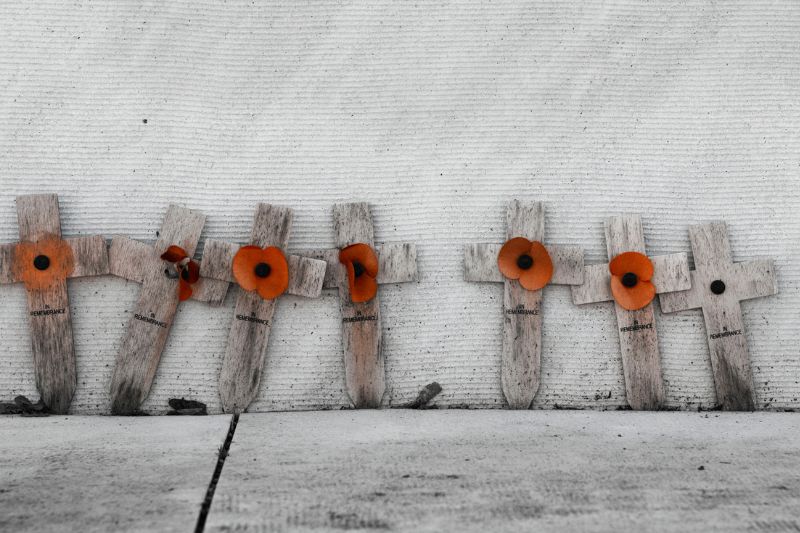
AUSTRALIA
- Stephen Alomes
- 11 November 2024
2 Comments
On Remembrance Day, we’re called to confront war’s real toll — not just on soldiers but on civilians, families, and especially children. From WWII’s devastated cities to today’s ravaged Gaza, can we reframe our commemorations to reflect the universal, harrowing cost of war beyond national myths?
READ MORE
-
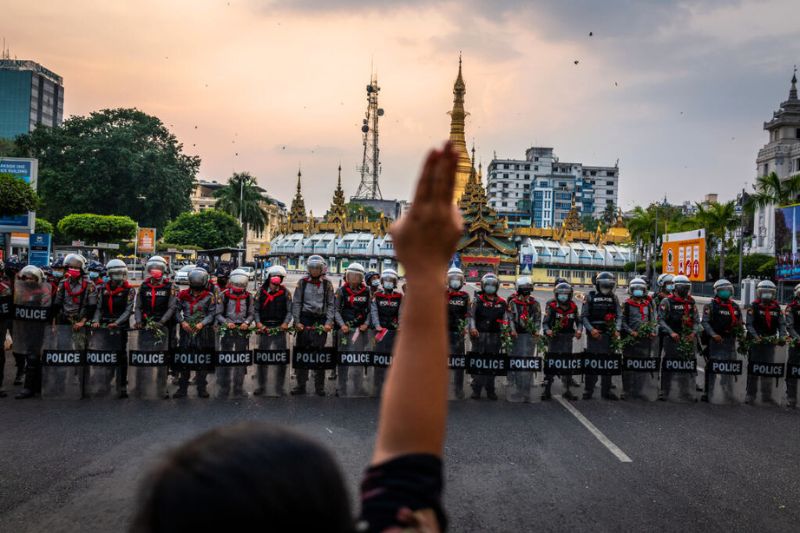
INTERNATIONAL
The Myanmar civil war has left the country devastated. Three years since a military coup, Myanmar is a humanitarian catastrophe. With over 2.7 million people displaced, the UN reported that 18.6 million people need humanitarian aid, 6 million of whom are children. A report from our correspondent in Myanmar.
READ MORE
-
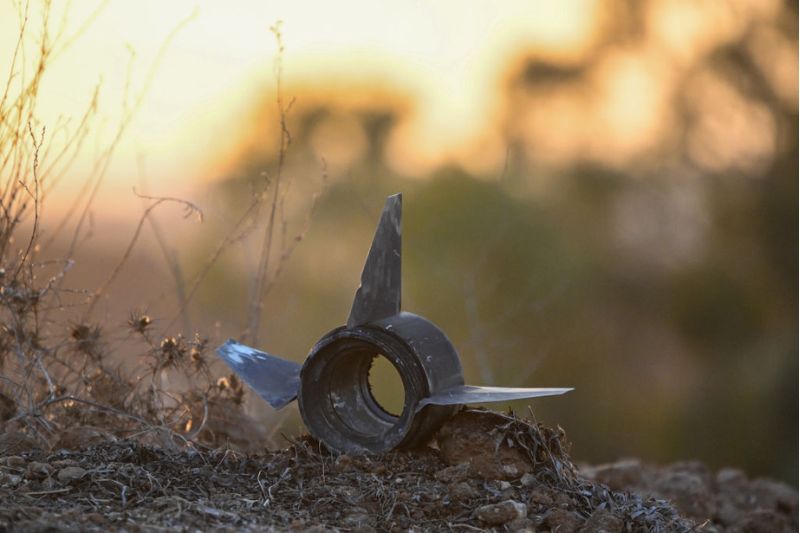
INTERNATIONAL
- Andrew Hamilton
- 26 October 2023
3 Comments
Amid escalating conflict between Israel and Hamas, the focus should turn to the mounting stockpile of advanced arms. In our bid to secure a world worth living through weapons, we may annihilate it. Disarmament may seem utopian, but the real madness lies in an unchecked arms race.
READ MORE
-
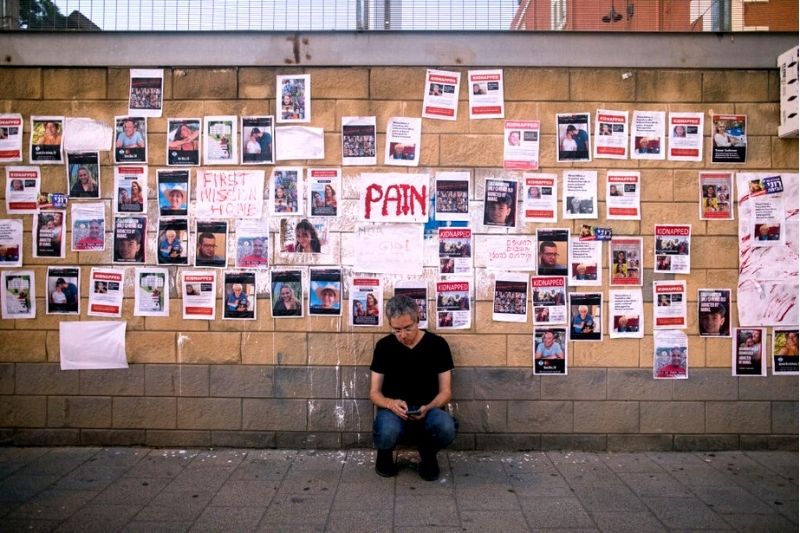
INTERNATIONAL
- Warwick McFadyen
- 17 October 2023
3 Comments
Most people of sympathy and empathy would believe there is an invisible thread that binds humanity. To think otherwise, to echo British jurist Lord Denning, is to consider a panorama too awful to contemplate, that is, what if a life is just mere object to another? When the massacre becomes the norm, does the world become numb to it?
READ MORE
-
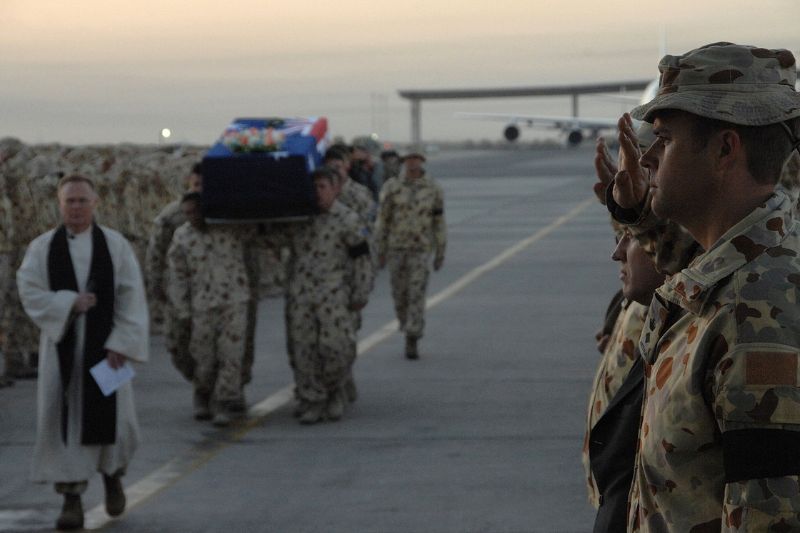
AUSTRALIA
- Jim Curtain
- 24 April 2023
4 Comments
Amidst gratitude and remembrance to those who have served, we would do well to look with ambivalence on the toll beyond the battlefield; on families, soldiers' mental health, and questions about government transparency. Anzac day serves as a poignant reminder to acknowledge sacrifices and damages of war.
READ MORE
-

AUSTRALIA
- Michele Frankeni
- 24 October 2022
How do we go from insisting our children tell the truth, even if it leads to punishment for breaking rules, to casually accepting a lack of veracity from societal ‘leaders’? Why in this age of social media when the mildest of heterodox comments cause a storm of protest do blatant untruths cause not even a ripple?
READ MORE 
-
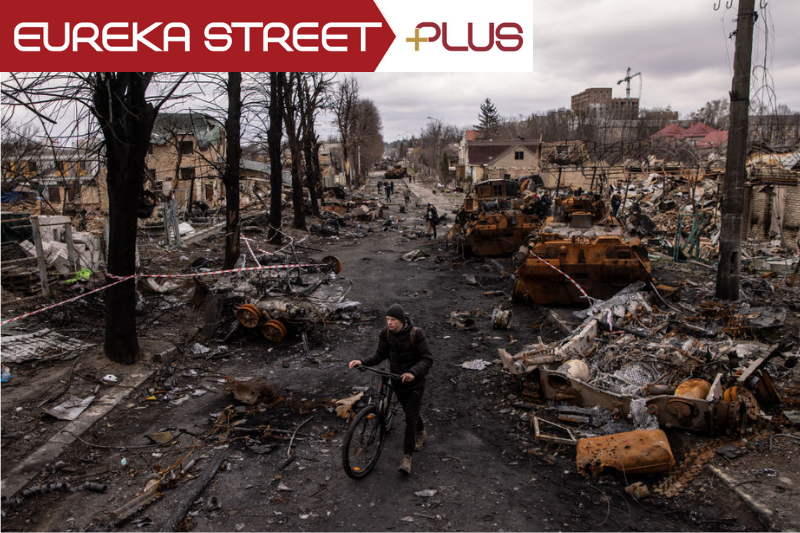
INTERNATIONAL
- Andrew Hamilton, David Halliday, Michele Frankeni, Stewart Braun
- 19 May 2022
5 Comments
We are now three months into the Ukraine war. From an invasion it has turned into a war of attrition that has cost many lives, displaced civilians, destroyed cities, and led to sanctions and the making of alliances with effects that have spread suffering far beyond Ukraine. In this Roundtable, Andrew Hamilton SJ, David Halliday, Michele Frankeni and Dr Stewart Braun explore the ethics of the war and likely paths to peace.
READ MORE 
-

INTERNATIONAL
- Andrew Hamilton
- 17 March 2022
12 Comments
Taken together the events of recent years suggest that we face a crisis, a time in which the working assumptions that have guided our personal and collective lives no longer hold. If we do not change we face increasing threats to the world that we shall hand on to our children.
READ MORE 
-
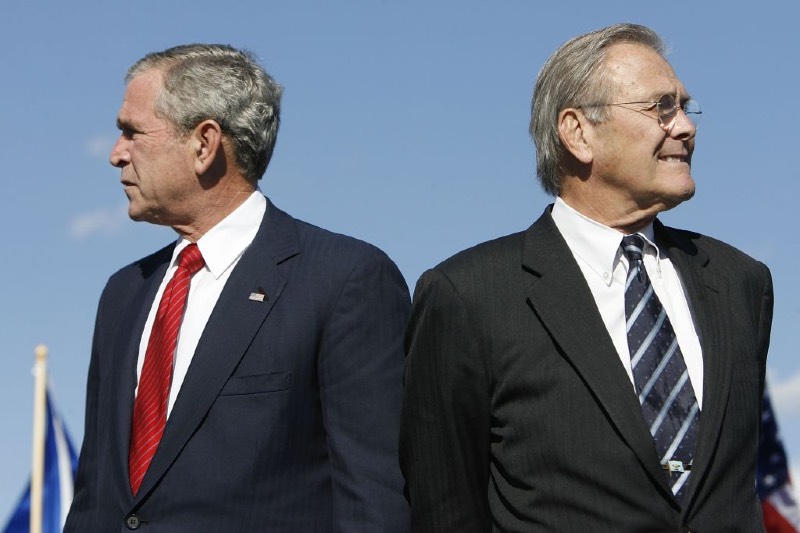
INTERNATIONAL
- Binoy Kampmark
- 22 July 2021
13 Comments
The late Donald Rumsfeld, twice US Secretary of Defense, a Fortune 500 CEO, and congressman for three terms, did not let evidence and the firmness of facts trouble him. If he had a cause to pursue he would. Morality was merely an impediment to service.
READ MORE 
-
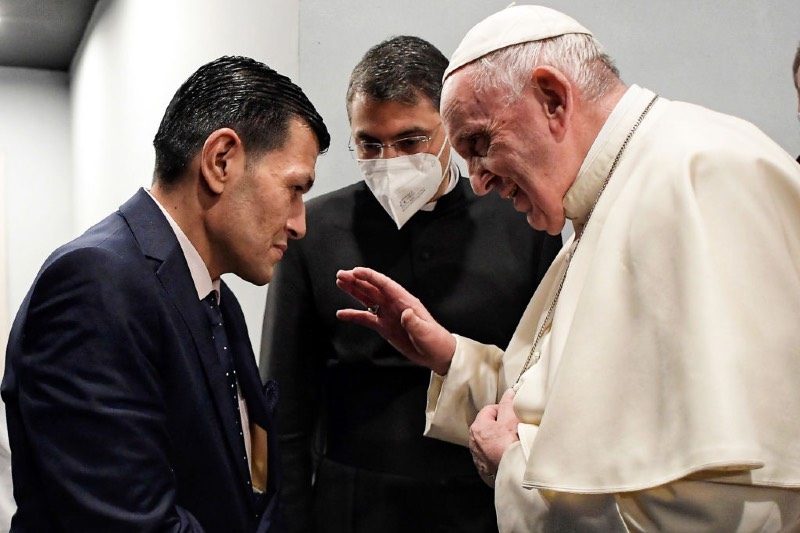
RELIGION
- Kerry Murphy
- 25 March 2021
6 Comments
Pope Francis is the first Pope to ever visit Iraq. Although Pope Francis only spent three days in Iraq, his visit received much attention and support from the Iraqi Government and was of major interest to Iraqis both in Iraq and here in Australia. I spoke with several Iraqis in Australia in order to hear their thoughts on this historic visit.
READ MORE 
-
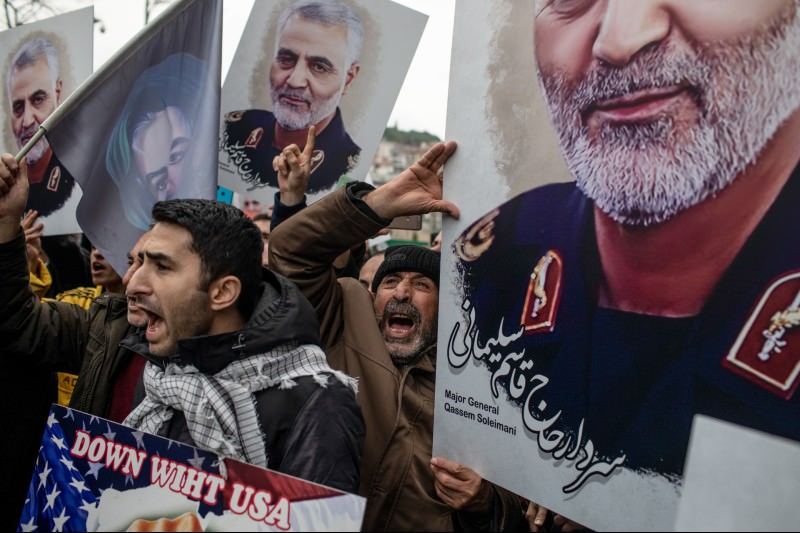
INTERNATIONAL
- Justin Glyn
- 08 January 2020
11 Comments
Trump had asked the Iraqis to mediate with the Iranians and Soleimani, one of Iran's most respected generals and emissaries, was there for the purpose. If this is true, and no-one from the US side has denied it, this was that most ancient of perfidies — a murder under a flag of parley.
READ MORE 
-

INTERNATIONAL
- Binoy Kampmark
- 16 September 2019
9 Comments
All of this has the hallmarks of danger. Previous US administrations have been cavalier with using stretched evidence, to justify military action. The region still labours with the fantasies that drove the US-led invasion of Iraq in 2003. The dangers of misreading also extend to the cognitive failings of US foreign policy in the Middle East.
READ MORE 